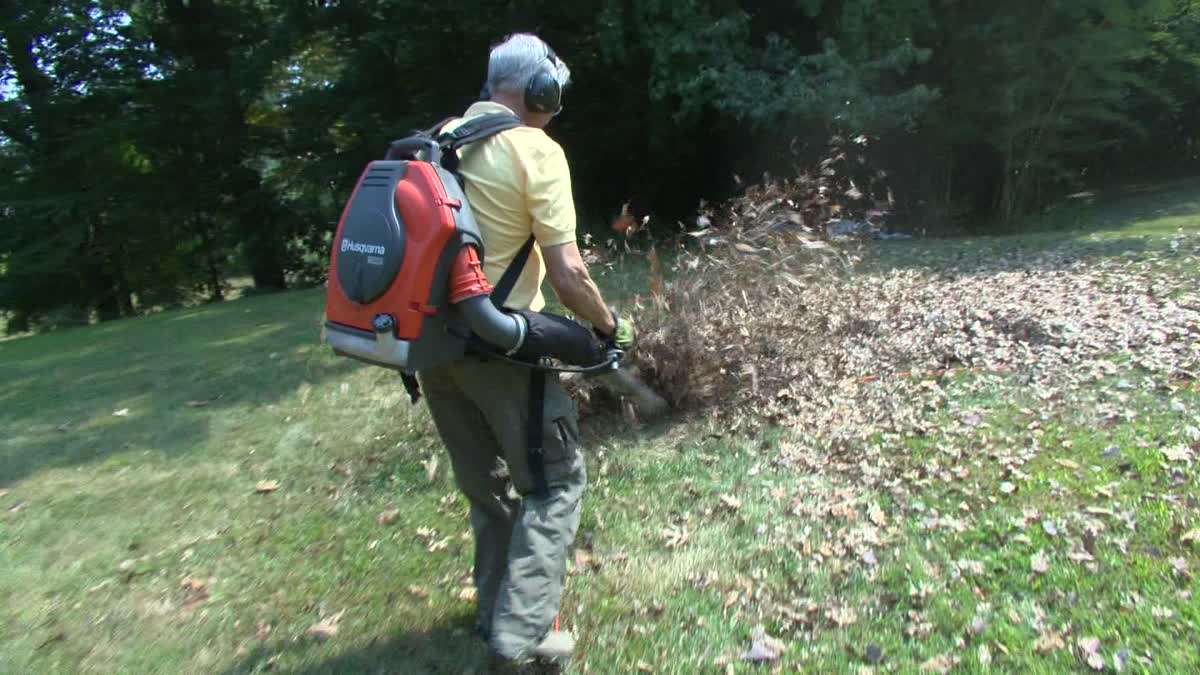When will shopping malls across the Chicago area reopen amid the coronavirus pandemic? Not for awhile, Illinois Gov. J.B. Pritzker said Thursday - a directive that the country's biggest mall owner agreed it would follow.
Pritzker was asked during his daily coronavirus briefing on Thursday about where shopping malls fit into his five-phase, region-by-region reopening plan unveiled earlier in the week.
"Indoor venues with hundreds and hundreds of people who will be walking together, you know, that's an extraordinarily difficult circumstance under the epidemiological recommendations here," Pritzker said, adding, "So that's something that will have to happen over the course of months and not in the immediate next phase."
A spokeswoman for Simon Property Group, the biggest mall owner in the U.S., said in a statement Friday that the company "will comply with all state and local orders and only open properties when permitted to do so."
The Indianapolis-based company operates Orland Square Mall in Orland Park, Gurnee Mills in Gurnee, Woodfield Mall in Schaumburg and Chicago Premium Outlets in Aurora. The company also owns Lighthouse Place Premium Outlets in Michigan City, Indiana, and Pleasant Prairie Premium Outlets in Pleasant Prairie, Wisconsin.
Simon opened six shopping centers in Indiana earlier this month, including Lighthouse Place Premium Outlets. In announcing the reopening of its Indiana locations, Simon said the malls would employ new safety protocols.
Those include enhanced sanitization measures focused on high-traffic areas, making masks, wipes and temperature testing available for shoppers, installing more hand sanitizing stations, giving employees personal protective equipment and health screenings, as well as enforcing social distancing guidelines and occupancy limits.
Local
Illinois remains in the second phase of Pritzker's plan, in which all non-essential gatherings are banned and all retail stores not deemed to be essential businesses are open for delivery or curbside pickup only.
Any region of the state can begin entering phase three after seeing no overall increase in hospital admissions for COVID-19-like illness for 28 days, along with several other criteria, Pritzker said. That means the earliest any locations can move to the next phase would be on May 29 - though data has not yet shown if any region will be ready at that time.
Once in phase three, manufacturing, offices, retail, barbershops and salons can reopen to the public "with capacity and other limits and safety precautions." All gatherings will remain limited to 10 or fewer people, the plan says, with face coverings and social distancing still required.
Under phase four, all gatherings of up to 50 people are allowed, restaurants and bars can reopen, travel resumes and child care and schools reopen under guidance from the Illinois Department of Public Health. Face coverings and social distancing will still be required.
No dates were given for when regions may begin entering phase four. In order to do so, the region must see continued declines in the rate of infection among those tested and the number of patients admitted to the hospital, according to the plan.
The mayor of Orland Park, where Orland Square is located, posted a video online Thursday speaking out in part against the timeline of Pritzker’s reopening plan.
Mayor Keith Pekau said he believed small businesses in the south suburb can't wait much longer to reopen and that Orland Square would have measures in place to open safely.
“They don’t expect a big rush of people, but they have procedures that I think that will be helpful to keep the mall safe,” Pekau said.
Simon closed all of its locations on March 18 and furloughed about 30% of its workforce, CNBC reported later in the month. The company also permanently laid off some employees, according to CNBC, though the exact number of layoffs was not available.



